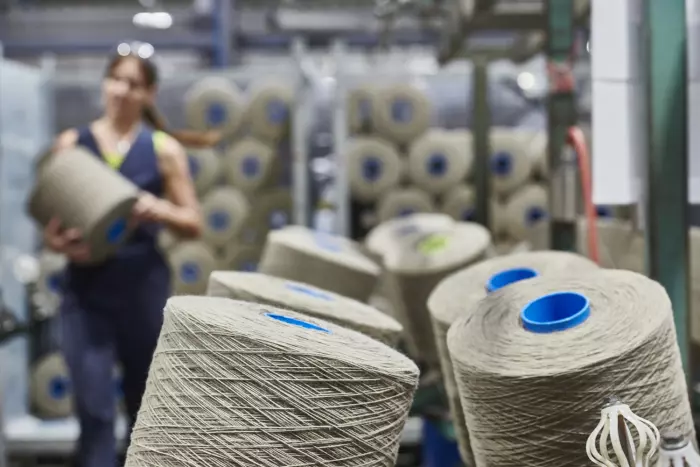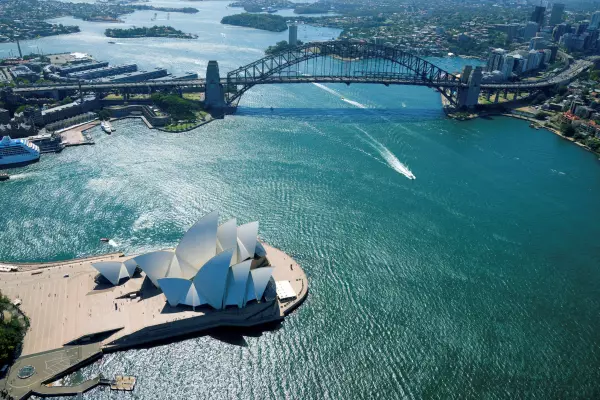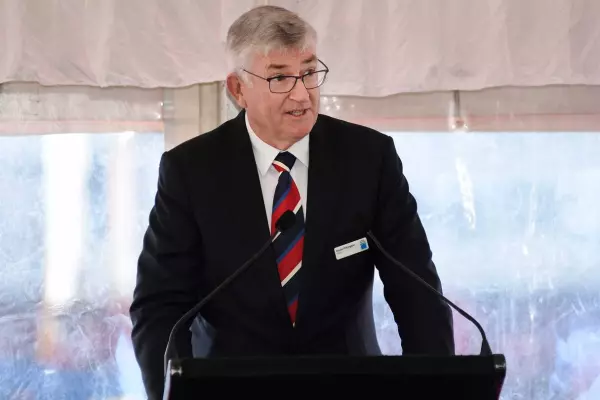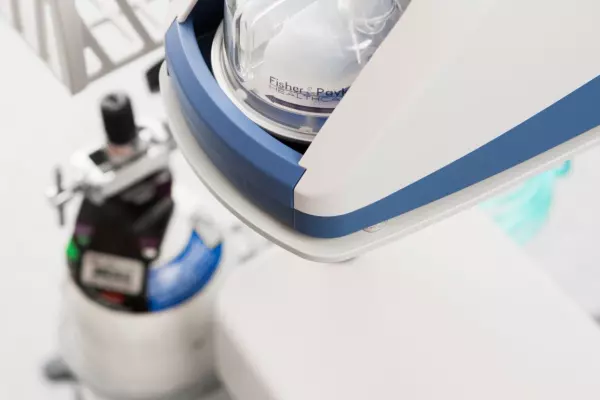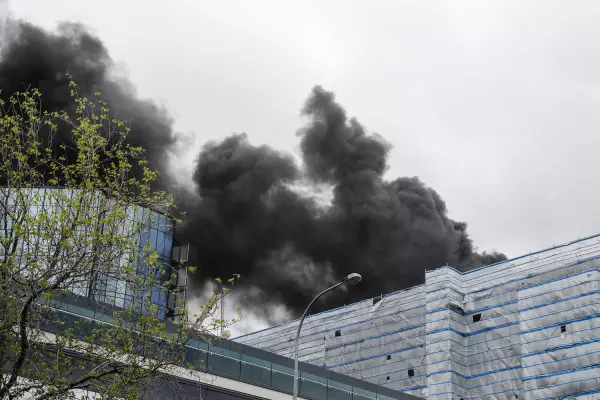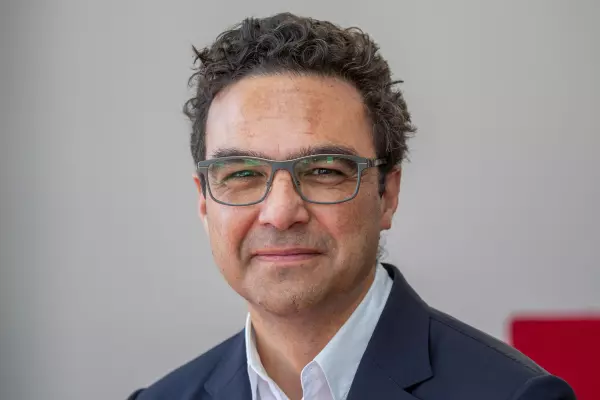Every now and then you get those moments where a listed company is trading at a price that is literally less than the amount of cash it’s got in the bank.
When that happens, you used to trust the likes of the old-fashioned corporate raiders would come to town, snapping up shares where they could in the effort to extract a few bucks – OK, a few million bucks – out of a catch, carve and release/flick strategy.
If you’re looking for one of those and have a spare $30 million or so to spare, why not pick up the phone to George Adams, who chairs the carpet-maker Bremworth.
The shares have been subdued for some time and the North Island storms that knocked out the company’s Napier factory out of commission didn’t help, but the carpet-maker formerly known as Cavalier has been in the doldrums for much longer.
The high point for the company came 20 years ago when the $5.60 share price valued it at $364m, but the past 12 years or so have been dire. Losses, asset sales and restructuring were almost par for the course as the wool rug and carpet specialist had to contend with much cheaper synthetic alternatives.
Every time it started getting somewhere with an improvement in underlying earnings, something outside its control seemed to knock it back down.
The devastating storms in the upper and central North Island are the latest case in point, shuttering Bremworth's Napier factory. When a $1.4m voluntary redundancy offer was put on the table, 118 staff accepted it. Just 25 staff chose not to take it up.
Scrambling for supply
The Napier yarn spinning plant will be offline for the foreseeable future, and Bremworth’s estimates for a rebuild range between $112.7m and $162m.
In the meantime, Bremworth sourced woollen yarns from an independent yarn spinner for some of its carpet ranges, used a third-party dyeing facility to supply its Whanganui plant with dyed fibre, and sourced dyed and undyed NZ wool yarns from foreign suppliers.
That meant the Whanganui plant has been able to produce felted and woollen spun yarns, and Bremworth discovered that it’s been able to supplement its own operations with the help of an overseas supplier of local wool.
That might sound a little bananas, but one of the principal reasons the Commerce Commission let Bremworth participate in a little local monopoly-building of a wool scouring business almost a decade ago was because of the broader public benefit. It was thought it would fend off competition from cheaper foreign rivals, such as scours in China, that hoovered up a growing share of greasy wool.
Back then, exporting greasy wool for scouring and reimporting back to New Zealand was touted as a logistical nightmare that meant the regulator couldn’t consider Asian scouring services as competitors, but perhaps it turns out that wasn’t the case.
Putting that to one side, Bremworth now has a big decision on its hands.
It reckons it’s got the Napier factory rebuild covered to the tune of $169m or so, and has a further $102m from its business interruption policy. The group’s pocketed $35.5m in cash so far, with the balance still to come over the next couple of years.
Having got itself into a net cash position with a $25.5m sale and leaseback arrangement of its Auckland property last year, its board has some very curly questions to ask itself.
Every night has its dawn
As chief executive Greg Smith noted in the company’s Tuesday afternoon profit announcement, the insurance payments offer a silver lining in that they provide many options for growth and investments.
“These options are currently being evaluated as part of an externally facilitated strategic review,” Smith says.
That includes working out whether or not to flag rebuilding the Napier factory while meeting the board’s commitment to the future of the existing wool carpet business. The success of the fill-in supply might be a good steer that the outlook is not so good.
The board’s already paid $15,000 to auditor PwC for some non-audit work on strategic options analysis, so they should have a pretty good grasp on what’s facing them.
But they’d best act with some haste.
Bremworth was sitting on cash and short-term deposits of $39.3m as at June 30. It has more cash on the way, land in Hawke’s Bay that it might need to dump, and a factory in Whanganui supporting what looks to be an increasingly sustainable underlying business.
Pondering the cost
Given how low the shares have dropped – 28% over the past 12 months – it isn’t surprising the company’s accounts show the market capitalisation was below the $44.7m carrying value after depreciation and write-downs. The review of whether the cyclone impairments were enough didn’t find anything else that needed writing down.
Bremworth’s shares popped a little in very light trading on Wednesday following the release, but still only value the company at $30.1m, and that’s before they figure out how much more insurance money is coming through the door.
Those conditions seem ripe for a raider of old to walk in and extract the extra juice. The Timpson family holdings are dispersed between the individual members, so only co-founder and director emeritus Grant Biel’s 12.2% is big enough on its own to block a hostile takeover from forcing a compulsory sale.
At these prices, it doesn’t seem too much of a stretch for a canny and cocky investor to come in, hoover up the cash, and flick off the business in what would be an impressive insurance job.


